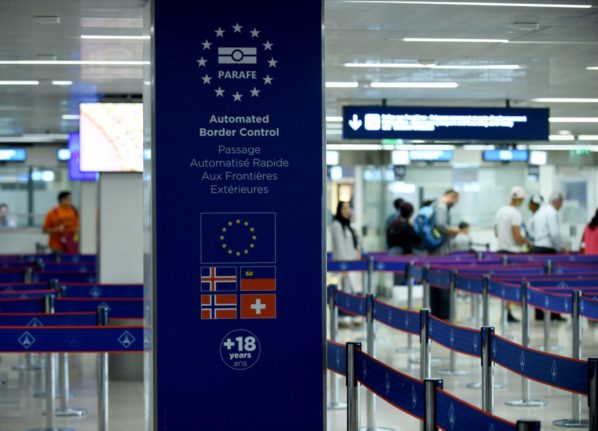The southeastern Swiss canton of Graubünden, sometimes known in English as Grisons, will start administering booster shots from Monday, November 29th.
This makes Graubünden the first Swiss canton to start administering booster shots for everyone.
Swissmedic approved booster jabs for everyone over the age of 16 on November 23rd, however the Federal Vaccination Commission has not yet handed down an approval.
READ MORE: Switzerland approves Covid-19 boosters for everyone over 16
While booster shots for people in risk groups have been administered since November 22nd, Graubünden is the first canton to administer booster shots for the general public.
Does a booster shot extend the validity of Switzerland’s Covid certificate?
Yes. Despite some early confusion, Switzerland confirmed on October 27th that booster shots will count towards the Covid certificate.
The validity of your Covid certificate will last for one year after the booster shot.
Currently, the expiration date of certificates issued to fully vaccinated people is exactly one year after the second dose. Where you have a booster shot, the 365-day period will start from the third dose.
How do I get it?
You can get your booster jab in the same way you got your first and second dose.
Booster shots are administered by the canton in which you live.
For more information about booster shots in Switzerland, including who is eligible and how to get one, please check out the following link.
READ MORE: Covid booster vaccinations in Switzerland: What you need to know



 Please whitelist us to continue reading.
Please whitelist us to continue reading.
Member comments